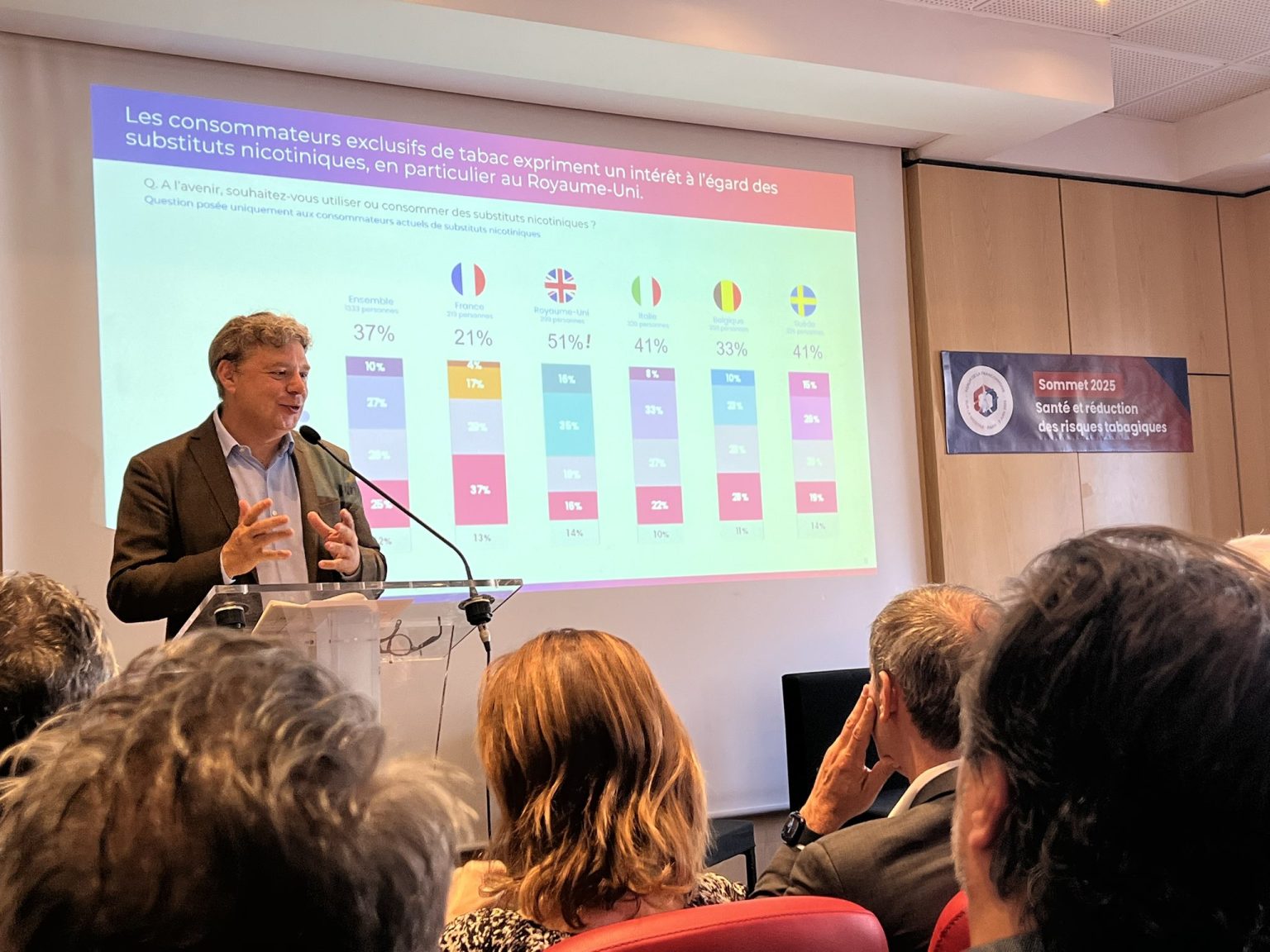Explore the top Geekbar flavours in our 2025 vape guide.
By K Futur VapeParis became the focal point for the inaugural Francophone Forum on Nicotine on 3 June 2025, organised by Norbert Neuvy of Nicotine World. The event convened prominent doctors, former ministers, researchers and specialists to discuss whether nicotine can serve as an effective harm-reduction tool in tackling a tobacco epidemic in France that still claims approximately 75,000 lives annually. Despite around 11 million daily smokers in France (OFDT/Public Health France, 2023), experts are now questioning whether a fresh approach to tobacco alternatives could finally shift the needle.
Nicotine ≠ Tobacco
A recurring theme was the crucial distinction: nicotine itself is not carcinogenic, whereas combusted tobacco—laden with tar, carbon monoxide and fine particulates—poses the real danger. As Dr Philippe Couillard, neurosurgeon and former Quebec premier, emphasised: “People confuse tobacco with nicotine; nicotine doesn’t cause cancer.” Olivier Véran, ex-French Health Minister, added: “I’m hooked on nicotine—I might go with it, but not because of it.” Together, their remarks underscored the need for public health messaging to reflect that nicotine can be separated from its damaging tobacco vehicle.
Tobacco Alternatives Gaining Traction
At the Forum, Nicotine World showcased various smoke-free nicotine products—such as Zyn, On!, Velo oral nicotine pouches, and classic Swedish snus from Swedish Match—which have been embraced in public health policy across Sweden, Norway and the UK. These nations have integrated such alternatives into their harm-reduction strategies, contributing to Sweden achieving the EU’s lowest smoking rate, notably under 5 per cent, well before the target year of 2040.
Remarkably, research shows that 87% of nicotine pouch users were former smokers, and 61% have either quit or significantly reduced smoking since switching. Consequently, Sweden now enjoys the lowest rates of lung cancer and cardiovascular disease in the EU.
France at a Crossroads
However, France appears resistant. Dr Imane Kendili observed that “France is still emotionally stuck on harm reduction.” By contrast, Neuvy argued, “nicotine gives the positive brain signal smokers need.” A key takeaway: liberalising nicotine products and harnessing private sector innovation in smoking cessation might offer a pragmatic, non-judgemental route forward—one grounded in evidence rather than ideology.
Olivier Véran summarised the debate by urging France to opt for “harm-reduction over bans we know won’t work.” With 65% of the public reportedly supportive, perhaps it is time France aligned policy with reality and offered smokers informed access to safer tobacco alternatives.
Information credit: Based on reporting by Futura-Sciences and Nicotine World, France.
Beginner FriendlyEUHealthIndustry NewsRegulations






